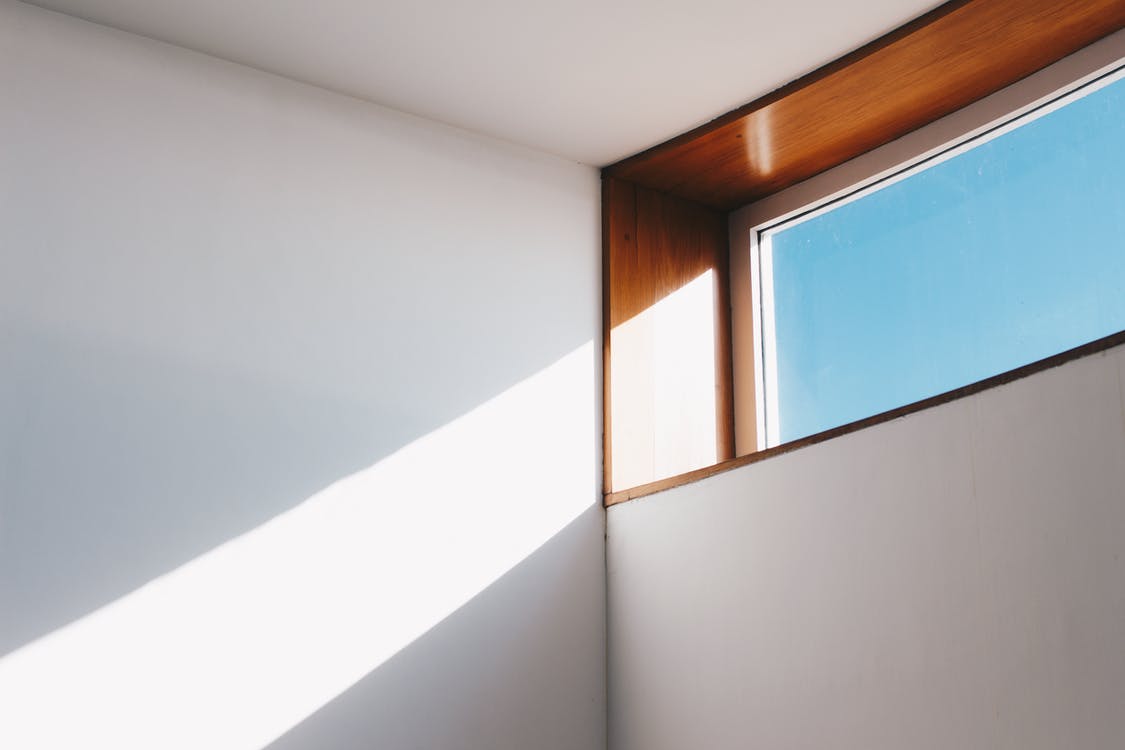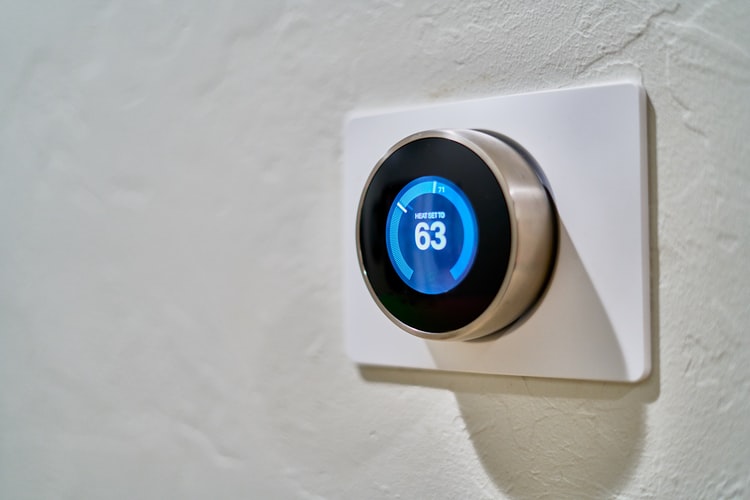5 tips for resetting your sleep cycle

But WFH may also have resulted in poorer sleep: because we’re able to sleep in a bit more every day, we could be hitting the sack a lot later.
Plus, we may also be struggling with irregular work and eating schedules, and exercising less than before.
“Our bodies operate best on what’s known as a circadian rhythm, a natural, internal body clock that helps to regulate our sleep-wake cycle, and many of these environmental cues can affect our circadian rhythm,” says Dr Jonathan Ti, a resident doctor at DTAP Clinic.
“Good sleep quality is the foundation of a healthy mind and body. Sleep is a necessary process for the brain to clear metabolic toxins and waste, consolidate memory and learning, and recharge our physical body. “
He notes that poor quality sleep has been linked to a reduced immune system, increased risk of obesity, cardiovascular disease, cancer, as well as higher incidence of mental illnesses such as depression and anxiety.
Want to reset your sleep cycle? Dr Ti has five tips.

“In the evenings, try and avoid bright lights, especially fluorescent overhead lights, as well as electronic screens for at least one hour before bedtime.
This includes TVs, laptops, tablets, and mobile phones.
Blue light from these sources has shown to be particularly disruptive to our natural sleep processes, without even mentioning the amount of mental engagement that comes along with using these devices.
The best advice would be to ban these devices from the bedroom completely if possible; if not, at least keep them out of easy reach from the bed.
And when it’s time to wake up, turn on some bright lights and open up the curtains (natural sunlight is one of the best cues for our body and mind to awaken) — try to limit snoozing if possible, or if it’s just one of those days, at least turn on the lights before you hit the snooze button.”

“Studies show that cooler temperatures (between 19 and 22 degrees celsius) are ideal for good quality sleep. For households without air conditioning, ventilating with a fan and using light sheets and sleeping clothes (e.g. linen) can help you keep cool overnight.”

“Try to go to bed and wake up around the same time each day. Knowing about the approximate length of each sleep cycle, try to wake up at a time where your sleep cycle has naturally just ended – this is usually the period right after REM sleep, which is why you often wake up at the edges of a dream.
Waking up in the middle of a sleep cycle (e.g. in Stage 3 deep sleep) often leaves you groggy and unrested. As sleep cycles last about 90 minutes, if you go to bed at 10.30pm, try to wake up at 6am or 7.30am and see how you feel.
Timing of meals is also important. It’s best to keep to a regular schedule for your last meal of the day to help set a pattern for your internal body clock.
Try to eat at least 2 hours before bed, allowing your food to digest partially to avoid feeling bloated or having reflux when lying down.”

“Most people would realise that having a double shot espresso after dinner is not the best way to settle down for bed.
However, many may not realise that a not-too-insignificant amount of caffeine is also found in many types of teas, including green tea and most bubble teas, as well as in various soda drinks.
Furthermore, the effects of caffeine can linger for an average of four to six hours or longer, so it’s best to take your last coffee before 3pm if necessary.
Alcohol is a different beast – it’s actually considered a sedative and nervous system depressant, and many adults will have an occasional glass of wine or two with dinner.
While it may leave you slightly drowsy and make it easier to fall asleep at first, alcohol disrupts and fragments the normal sleep cycle, which means more frequent brief awakenings in the middle of the night (which may go largely unnoticed), and feeling unrested the next day.”

“There is a vast amount of scientific evidence for the benefits of regular exercise with regards to sleep.
Exercise has been shown to improve the quality of sleep by increasing the proportion of time spent in Stage 3 restorative deep sleep, as well as increase the duration of hours slept overall.
You’ll also get a release of endorphins that can relieve stress and anxiety, improve mood, and reduce chronic pain.
It’s best to find a routine that you can be consistent with, as most of the benefits with exercise and sleep won’t be immediately apparent and only come over time.
On the other hand, watch out for overtraining – while there is no set amount of time to determine what constitutes overtraining, you probably want to be careful if you find yourself grinding out 4 hours per day and are struggling with insomnia.”
This article was first published in Her World Online.